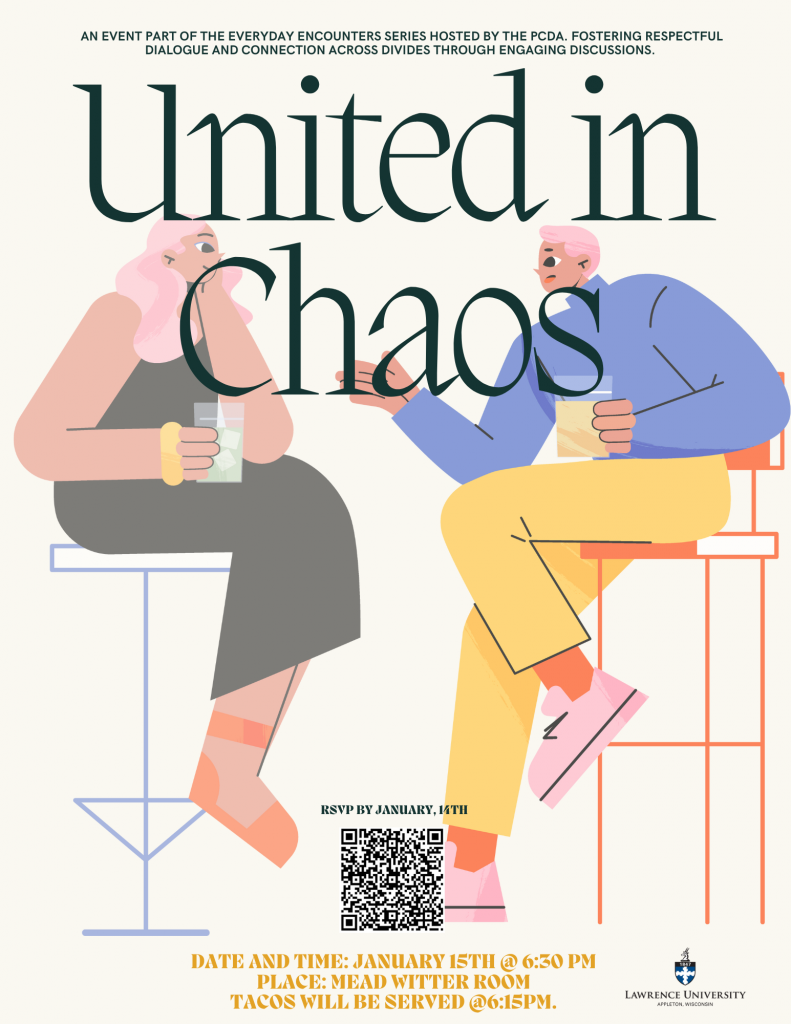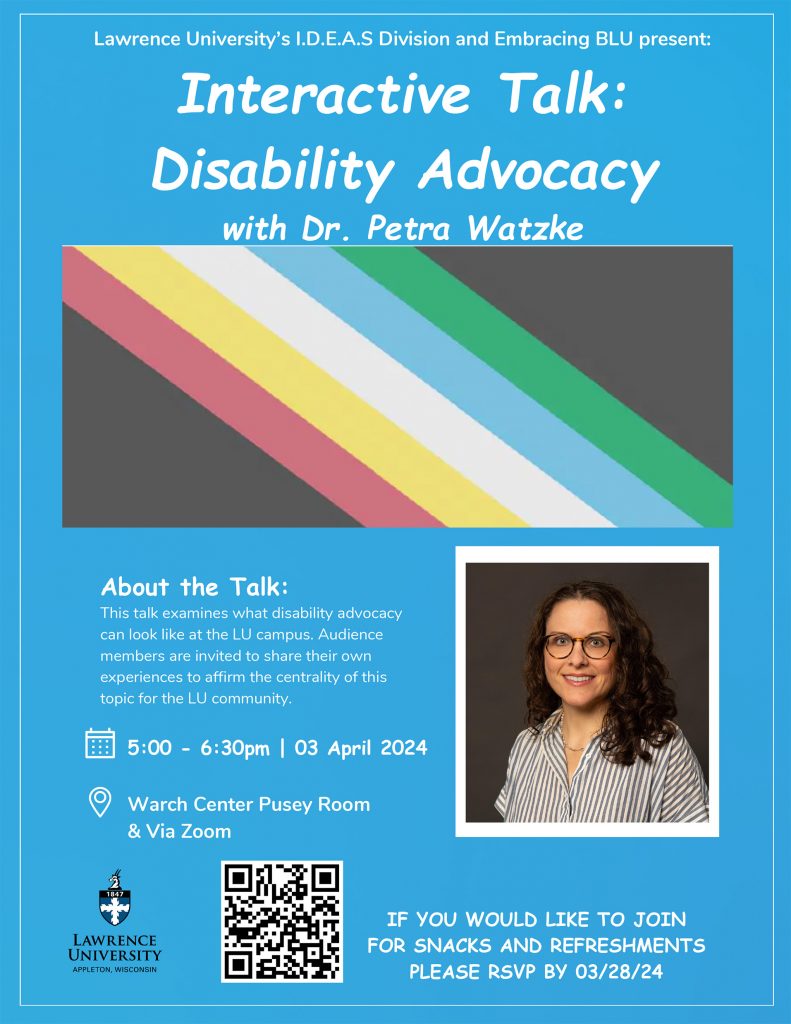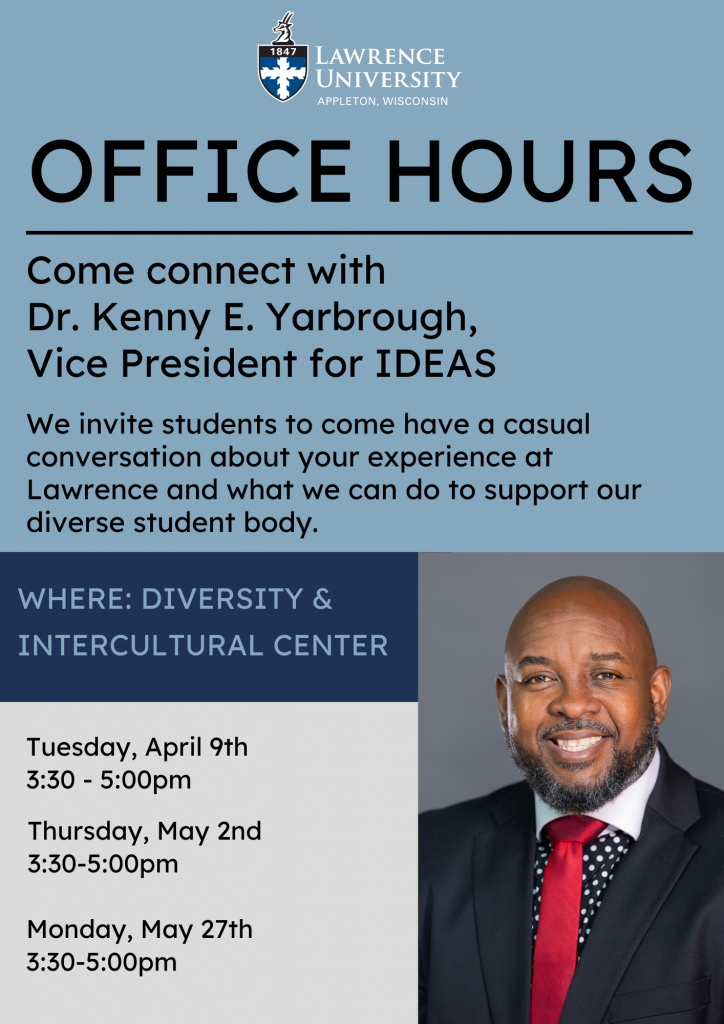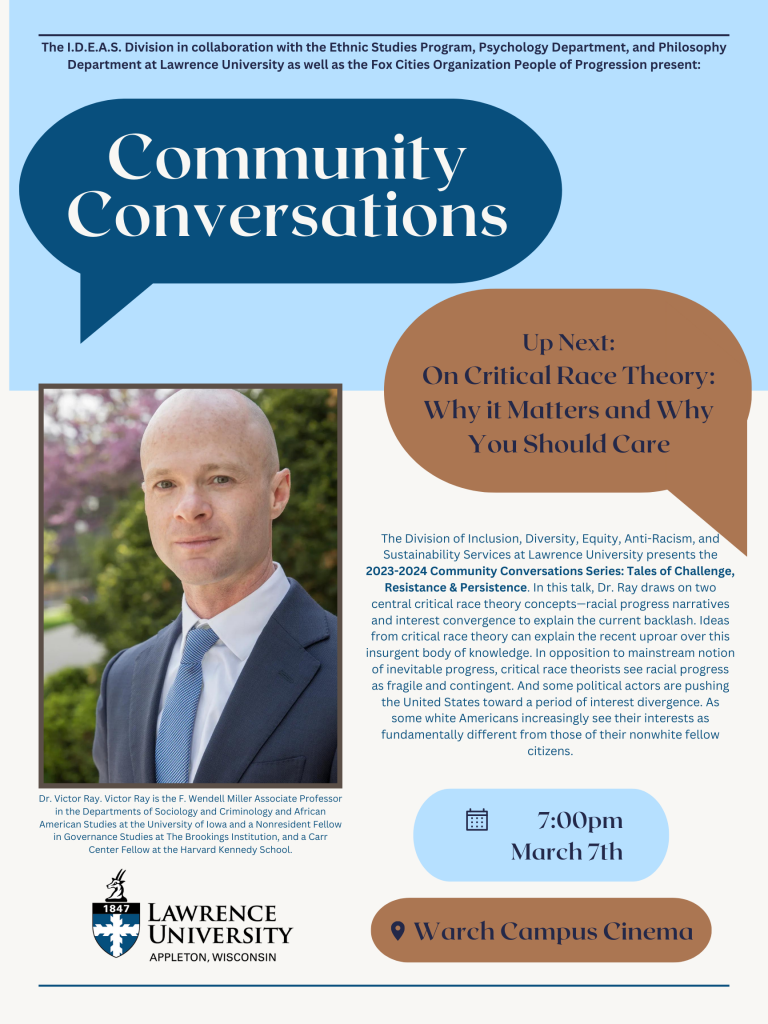How Historical Attitudes Towards Childhood Shape Social Hierarchies
By Stacey Patton
Thursday, March 13 | 7:30 p.m.
Wriston Auditorium
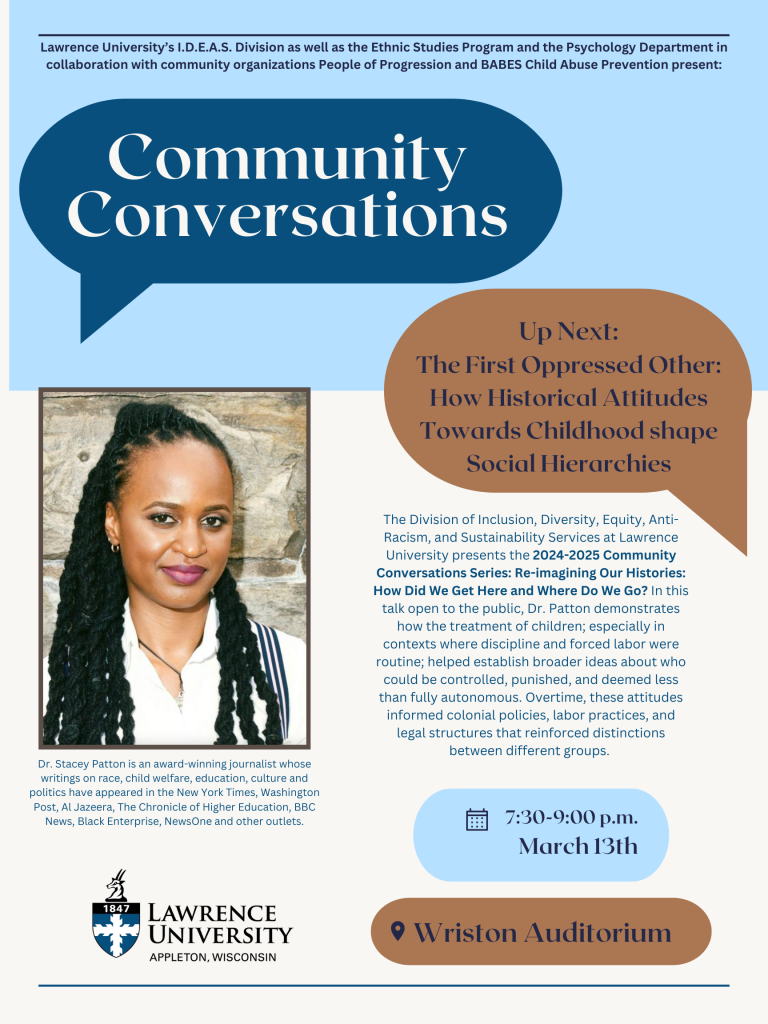
About the Talk: Before categories of difference became the primary framework for organizing society in the western world, another system of hierarchy played a foundational role in shaping attitudes towards power and social order: perceptions of childhood.
Historically, children were often viewed as inherently flawed, in need of correction through strict discipline, labor, and, in some cases, severe punishment. In medieval and early modern Europe, this mindset justified practices such as corporal punishment, forced labor, and even public executions of children, reinforcing a cultural acceptance of control over the most vulnerable.
As European societies expanded into the Americas, these frameworks influenced emerging systems of social stratification and control. The treatment of children, especially in contexts where discipline and forced labor were routine, helped establish broader ideas about who could be controlled, punished, and deemed less than fully autonomous. Over time, these attitudes informed colonial policies, labor practices, and legal structures that reinforced distinctions between different groups.
About Dr. Stacey Patton
Dr. Stacey Patton is an award-winning journalist whose writings have appeared in the New York Times, Washington Post, Al Jazeera, The Chronicle of Higher Education, BBC News, Black Enterprise, NewsOne, and other outlets. She has appeared on CNN, ABC News, MSNBC, Democracy Now, and Fox News. She is also the creator of Spare the Kids, an online portal designed to teach about the harms of physical punishment, and the forthcoming 3D medical animation app, When You Hit Me, which promises to be a game changer for child abuse prevention. For her child advocacy work, Dr. Patton was awarded the 2024 Child Advocacy Award from the American Psychological Association. Dr. Patton is also a research associate at Morgan State University and teaches digital journalism at Howard University.

